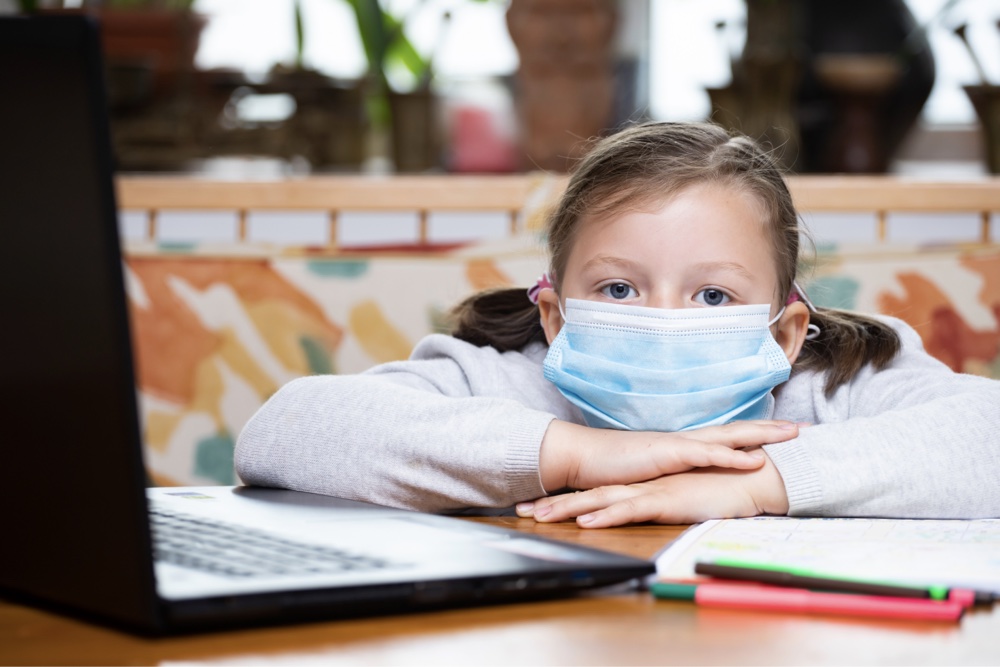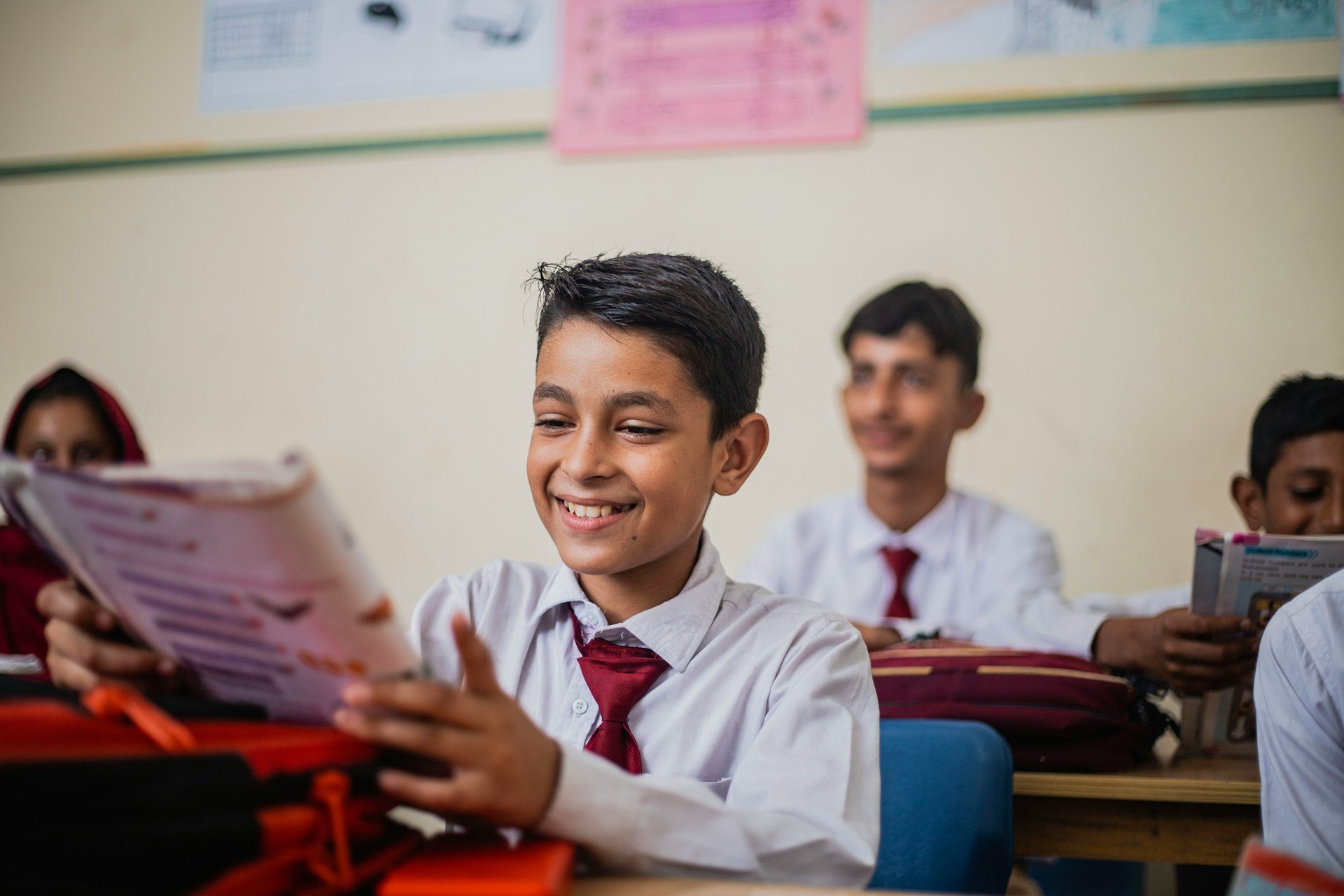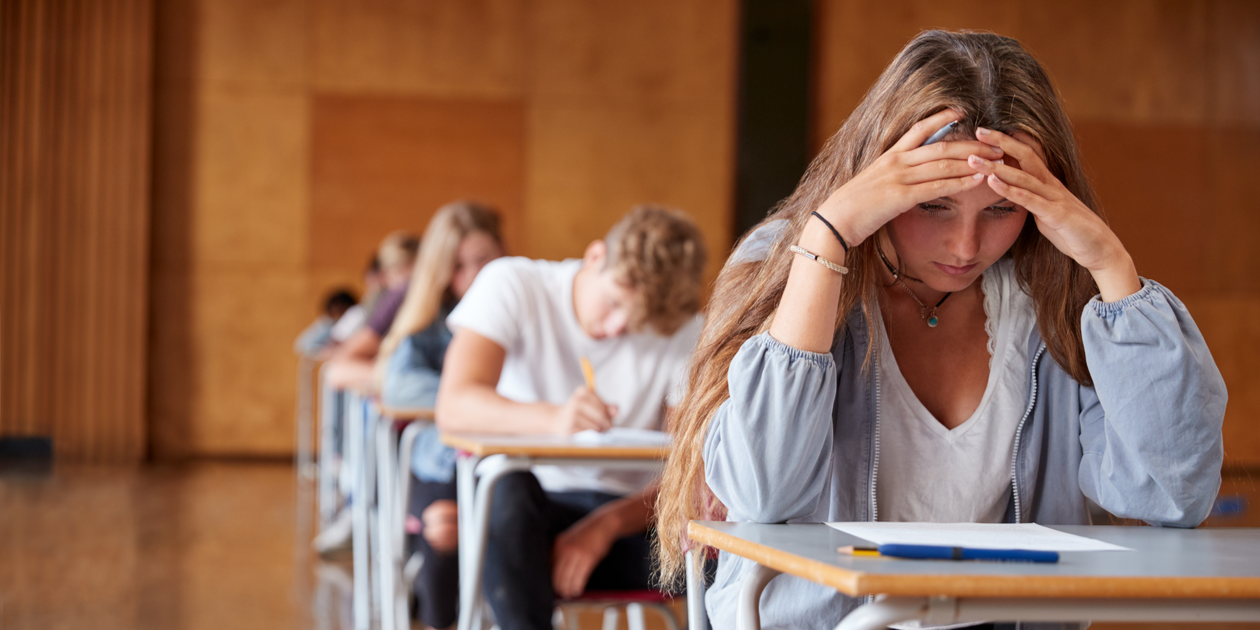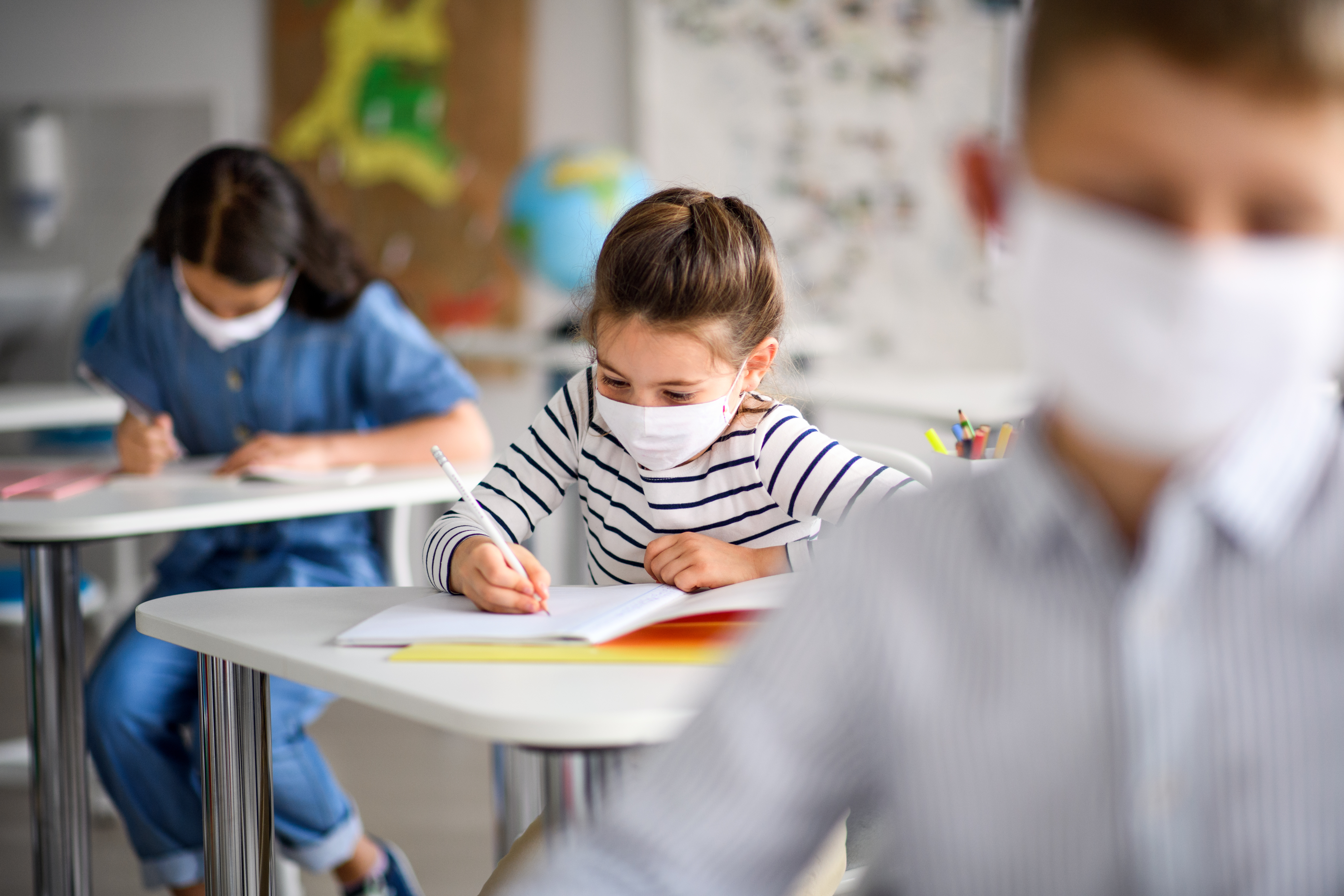Supporting students with the second Covid lockdown
by Helen Spiers on Nov 3, 2020

When the children return from half term, you’re likely to see a mix of reactions. Those with high levels of resilience will take the news in their stride. For others, there may be anger, despair, anxiety and fear over what lays ahead. So how can we support students with the future uncertainty?
Practice self-care
2020 has taken its toll on all our mental health, but for those working in education it’s been especially fraught. While the world hibernated, school staff were navigating how to support and educate pupils, while keeping themselves and the children safe.
In mental health circles the analogy of the oxygen mask on a plane is often used. If you have anxiety, you’ll need to work through it before you can support the children with theirs. Take time to unpick your own fears about the new lockdown. Focus on the things that are in your control and seek support from the people around you.
Give students the chance to talk
When I retrained to be a counsellor, the skills I’d developed as a teacher were invaluable. As teachers we’re constantly observing and listening so we can spot misconceptions and remove any barriers to learning. It’s the same with counselling. I’m still looking for misconceptions – ‘there’s no point to anything’… ‘I’ll never be able to see my friends again’ – so I can help the young person to challenge them and ‘reframe’ how they see things.
Giving your students lots of opportunities to talk will help you to spot those pupils who need this support. Regular circle time, PSHE and access to mentors will show the children that you take their feelings seriously and will encourage them to open
Practice active listening
If you think a student is struggling, let them know what you’ve noticed and ask if they want to talk. Knowing how to respond to their problems can be difficult, but instead of focusing on what you say, engage your active listening. When someone opens up, it’s easy to fall into the trap of trying to predict what they’ll say and planning our response while they’re still talking. By doing this – we stop hearing them.
To actively listen, turn off your internal noise and focus entirely on what they’re communicating. We don’t need to solve their problem and it’s important not to dismiss their worries. As a counsellor I normalise my clients’ anxieties and then validate them – I let them know that it’s okay to feel that way and that I understand. Once they feel heard and understood, they’ll hopefully see the world more positively.
Build resilience
2020 has taught us we need to be prepared for anything. By using it to help children build their resilience and coping skills, we’ll have spent the year wisely. Giving children lots of opportunities to overcome challenges and succeed will raise their self-esteem and build their resilience. Rewarding effort and determination, over attainment, will also help.
Promoting optimism wherever possible is essential. It’s important young people have the space to talk about their feelings about the lockdown but school should also be an escape from the negativity. Making the school day fun and engaging, and planning activities which focus on a brighter future, will help students see beyond the lockdown.
Supporting your pupils’ mental health can feel daunting, but by being a consistent role model, you’re already doing a great job. If you are worried about any of your students, reach out to them and if it’s needed, seek additional help. By working together, we can get through this.
- General mental health (36)
- General Speech & Language (32)
- School Issues (27)
- Primary Schools (25)
- Classroom Behaviour (24)
- Counselling (24)
- Anxiety (22)
- Speech and Language Therapy (22)
- Absenteeism (21)
- SENCOs (21)
- Safeguarding (18)
- Secondary & Sixth Form Schools (17)
- Social Communication (17)
- Funding (15)
- MATs (15)
- Generalised anxiety (14)
- Autism Support (11)
- Language Delay/Disorder (11)
- SEMH (11)
- Relationship Issues (10)
- AAC (7)
- ADHD Support (7)
- Speech Sounds (7)
- Autism (5)
- Hearing Impairment (5)
- Depression (4)
- Selective Mutism (4)
- Anger (3)
- Cleft Lip/Palate (3)
- Downs Syndrome (2)
- Ofsted (2)
- Phobias (2)
- Stammering (2)
- Loss (1)
- Self-Harm (1)
- Suicidal Thoughts (1)
You may also like
These related stories

Ofsted 2025: Why Inclusion Is Finally Taking Centre Stage

Supporting Exam Stress
